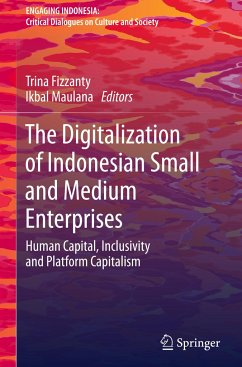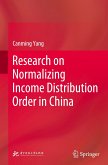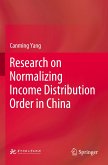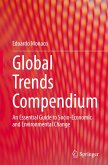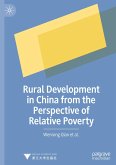This book examines the digitalization of Small and Medium Enterprises (SMEs) in Indonesia and its challenges in the context of an emerging economy and the Covid-19 crisis. During the Covid-19 pandemic, business digitalization became a must for a business to avoid collapse and people saw that digital transformation is a panacea for SMEs to help them survive and revive from the crises. Governments and other stakeholders in many countries including Indonesia have launched policies and programs to support SMEs. Transforming SMEs' conventional businesses into digitalized versions, however, is a complex issue influenced by various factors. These factors encompass both internal changes within the organization and external dynamics in the ecosystem in which they operate. This book, therefore, is a new approach towards understanding the digitalization of SMEs in Indonesia and includes contributions from scholars with different, multi-disciplinary perspectives and demonstrates that digital transformation of SMEs is not all about technology adoption but also involves other aspects such as social, economic, and public governance factors. It discusses opportunities and challenges of digital transformation of SMEs in Indonesia, such as digital talent, financial inclusion, platform capitalism, automation, government's role, governance, open competition, and inclusive digital economy. The book is of interest to researchers and students of social economics, SMEs and entrepreneurship, human capital research, and economy and governance.

